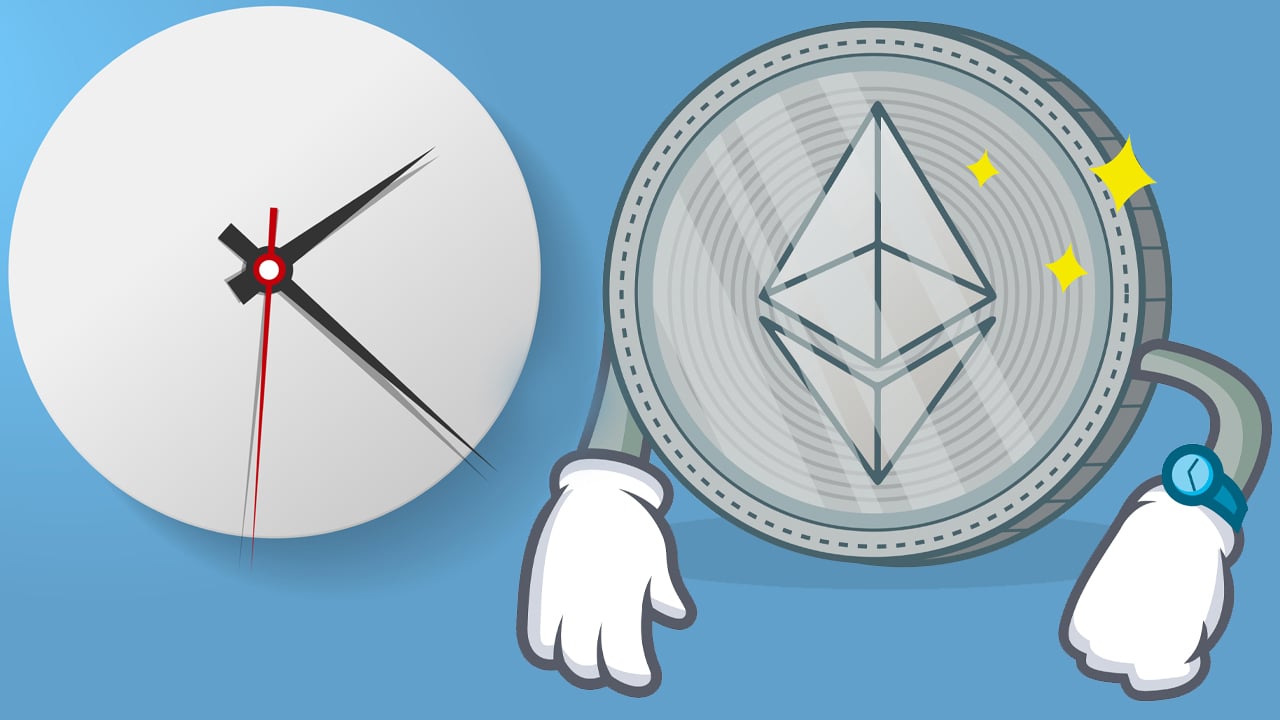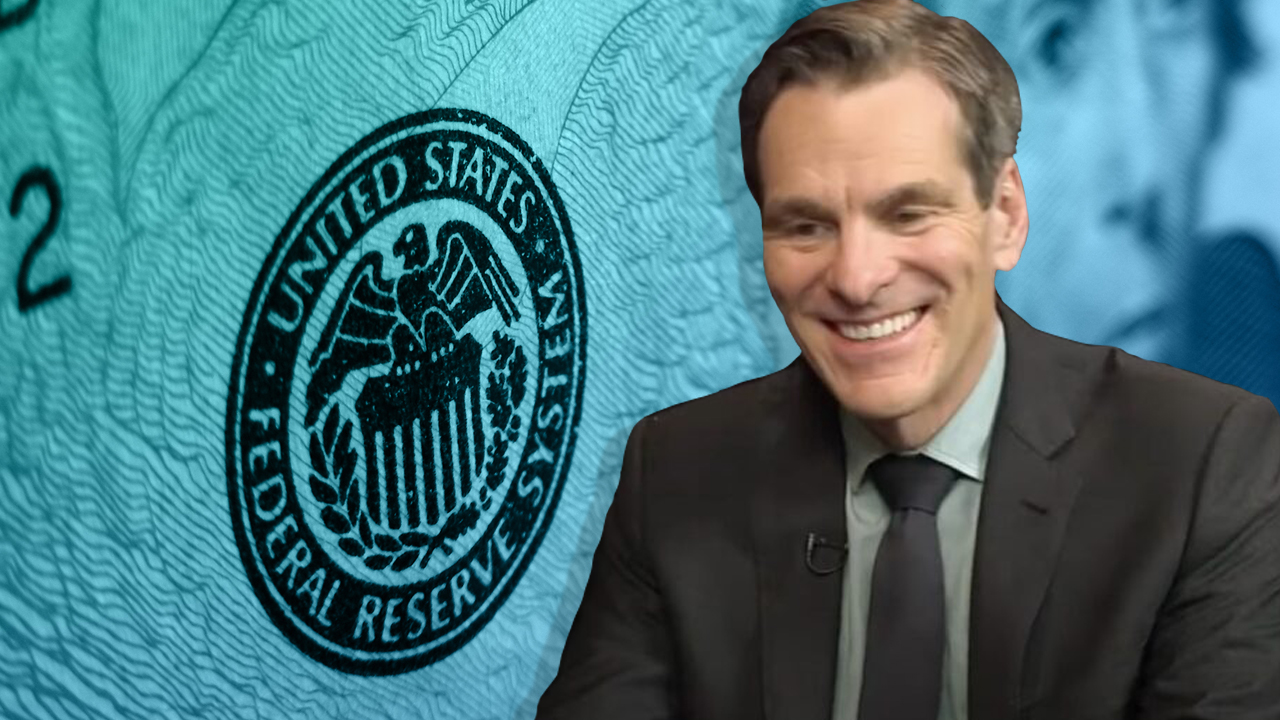Coinbase stock vs. bitcoin price performance since COIN's direct listing (TradingView)
Coinbase and the court of public opinion
Earlier this month, I wrote about how Coinbase going public led to an imperative on consistent, infinite earnings or revenue growth, which further led to an immense expansion in headcount. This all culminated in:
"...an absolute public relations nightmare when Coinbase cut back on hiring in May, which rolled into rescinding new job offers. The blowback in turn led to a pointed tweet thread from co-founder and CEO Brian Armstrong urging dissenters to quit, following an employee petition to remove executives from the company, which was then followed promptly by the exchange laying off 18% of its workforce."
Buried in that same piece was a link to a tweet thread by one Jordan Fish aka Cobie, an early bitcoiner who invests in crypto projects and co-hosts the UpOnlyTV podcast, in which he outlined how many of Coinbase's asset-listing suggestions seemed questionable.
Cobie has posted several tweets and tweet threads about questionable practices across crypto. He even found someone, thanks to the transparency of the Ethereum blockchain, who bought tokens just before they were listed in a Coinbase asset listing (the blog posts where Coinbase outlines the assets it is considering to support on its platform). Assets that get listed on Coinbase usually spike in price shortly afterward, so there was something potentially fishy, as it were, given how obscure some of the considered tokens were.
This same tweet, and I cannot believe this is true, was cited by the Justice Department in its July 21 press release charging a Coinbase employee with an insider-trading tipping scheme. Here's where it gets interesting. According to U.S. law, insider trading happens when individuals trade securities based on confidential or nonpublic information. But Coinbase lists cryptocurrencies and cryptocurrencies have been operating in a regulatory gray area for some time now.
The SEC, in this lawsuit, specifically called nine cryptocurrencies securities. (For the record, I had heard of exactly one of them before this case came to light). This means there's probably a path forward where a meaningful number of cryptos get tagged as securities in the U.S.
Which nudges us toward our main topic: securities law.
Coinbase and the real court, with laws and stuff
Nik De, CoinDesk's managing editor for global policy and regulation, is far more well-equipped to talk about all things SEC, so you should check out his work if you want to dive deeper. He wrote a great article in his newsletter about the SEC and crypto last week.
I'm not going to opine on specific projects, partially because that is not my job (looking at you, Gary Gensler), but mostly because it really doesn't matter in the abstract. At the center of a lot of internet debates lies a seemingly simple question: "Is this cryptocurrency a security?"
I submit that this doesn't matter philosophically and that it only matters practically. Because of laws and stuff.
Stay with me.
Yes, the SEC is tasked with enforcing laws against market manipulation to protect investors. And yes, that is a valiant purpose. But contending that market manipulation only matters in the context of securities is exactly wrong. Bitcoin (legally deemed a commodity in the U.S.) market manipulation should be stomped out as well. If the SEC decided tomorrow that bitcoin was a security, it would change nothing about bitcoin fundamentally. It would also change nothing about bitcoin market manipulation being bad. It would just change who thinks they can regulate it at this particular moment.
So no, it doesn't matter whether bitcoin, ether, SOL, dogecoin or AVAX are deemed securities. The SEC cites the Howey Test when determining whether something is a security. While the agency has said in the past that bitcoin is not a security, and while I am not a lawyer, one could make the argument that the test sure makes bitcoin look a lot like a security because investing in bitcoin:
1) requires money (fiat money, but still money) unless you're a miner (and even that requires money to pay the power bills) or one of the die-hard merchants who receive it in exchange for goods and services,
2) which is invested in a common enterprise (the Bitcoin network),
3) with a reasonable expectation for profit (maybe unreasonable, but if bitcoin demonetized gold, the price of bitcoin would go up),
4) derived from the efforts of others (I hold some bitcoin and I haven't once touched bitcoin's code).
And that doesn't matter one bit philosophically. It only matters practically because investors, institutional and individual, need to play by the SEC's rules. Otherwise, they go to jail or get fined. But bitcoin is still freedom money, gold 2.0, or a reserve asset even if a government agency says it's a security (though again, it hasn't).
Of course, if this practicality applies to you specifically, then yes, it does matter. In that case, you should weigh the probability of bitcoin or ether being labeled as securities (which seems low at this point) and weigh the probability of other cryptocurrencies being labeled as securities (which seems higher at this point after the insider trading suit against Coinbase). Not because it changes why you're investing, but rather it governs if you even can invest. Or at least, whether you can without using a VPN (virtual private network).
Last bit that I absolutely have to mention before tying this question back to Coinbase: It only matters in the United States. Most people, in case you haven't noticed, don't live in the United States. U.S. securities laws shouldn't and don't directly affect my uncle in Greece.
Back to Coinbase and Cobie's tweet thread that was cited by the Justice Department: The real issue with the front-running of a potential Coinbase listing by an employee and the questionable assets it was considering for listing wasn't that the assets in question were securities. The issue is ethical.
First, employees at an exchange with that much sway over the price of an asset shouldn't trade on material nonpublic information, whether or not the asset is deemed a security by the SEC. (I'm not suggesting that this should be illegal; I'm saying that it is ethically bad.)
Second, and more important, Coinbase has a (moral) responsibility to ensure for its largely retail customer base that the crypto assets it lists (whether the government considers them securities, commodities or condiments) aren't best defined as valueless vaporware. Its failure to do so is the main problem and therein lies the true challenge for a company incentivized to hit quarterly numbers.





 ️, ⛳️) (@mdudas)
️, ⛳️) (@mdudas) 













